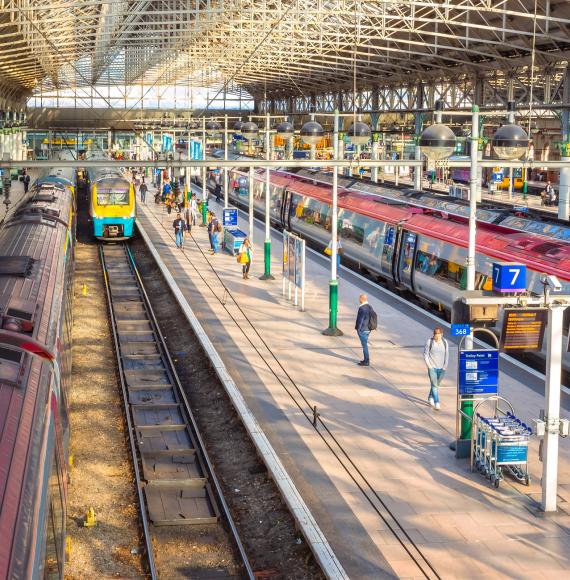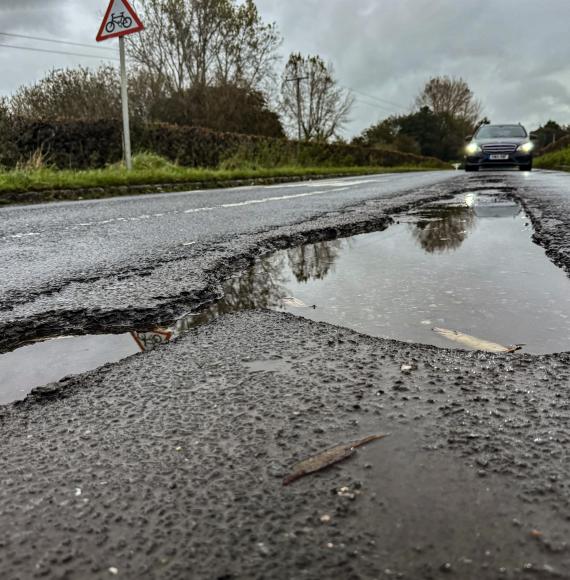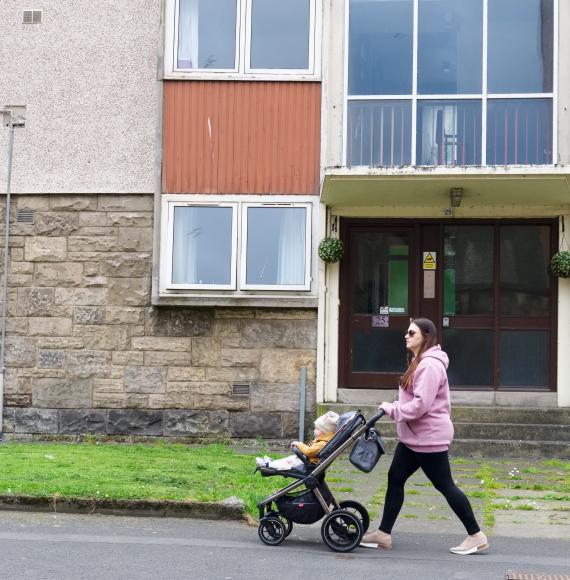Just one in five businesses and homes in county areas have access to gigabit broadband speeds, compared to over three quarters of London, with MPs warning that rural shires could be the ‘poor relation’ to cities in the government’s gigabit rollout.
The findings come in a new report ‘Levelling Up Digital Connectivity in Counties’ from the County All-Party Parliamentary Group, which explores the challenges in rural connectivity.
The study analyses the rollout of the government’s flagship gigabit broadband scheme so far, which aims to have 85% of the UK accessing gigabit speeds by 2025.
Earlier this month, the Prime Minister said that the government was on track to roll out gigabit to 68% of the country by the end of 2021.
But today’s analysis, produced with the County Councils Network (CCN), shows that just 21% of premises in county areas have access to gigabit broadband, 2.4 million out of a total of 11.7 million, based on the latest Ofcom data.
Those areas are lagging far behind London, which has 77% gigabit coverage, and large towns and cities in the North and the West Midlands, which have on average 51% coverage.
Ten counties have got less than 15% gigabit coverage: Cumbria, Dorset, Hertfordshire, Lincolnshire, Norfolk, North Yorkshire, Northumberland, Shropshire, Somerset and Surrey respectively.
MPs say that there is a real risk that those county areas end up the ‘poor relation’ to the urban areas and cities for gigabit speeds, as they were for years with superfast speeds.
County MPs have called on the government to prioritise their areas from now on.
In August, the government committed to connecting an additional 1.8 million properties across 26 counties as part of its Project Gigabit fund.
Ahead of the Spending Review, county MPs have called on the government to urgently ramp up its investment further.
Only £1.2bn of the £5bn for Project Gigabit will be made available up to 2024, including just £100m in 2021-22.
County MPs fear that the government’s downscaling of its original 100% gigabit reach target to 85% of the UK’s properties could mean counties are deprioritised, with Ministers instead focusing on the places easiest to rollout gigabit broadband to hit their 2025 target, putting county areas at a long-term disadvantage.
The government estimates that 20% of the UK will need to be subsidised by its £5bn fund, but the rural nature of many county areas means that the number of premises in their areas requiring a subsidy or public sector support to achieve a gigabit connection is likely to be higher than other parts of the country.
Some counties estimate that up to 40% of their premises are uncommercial to connect.
But county MPs argue that improving connectivity and speeds in county areas will be integral to the levelling up agenda and the economic recovery effort, particularly in attracting the businesses of the future who are digitally based, alongside providing opportunities to retrain people.
The report calls for the government to consider devolving digital infrastructure budgets as part of county devolution deals that are currently being negotiated between government and several county areas.
It is argued that this would enable local authorities to target the hardest to reach communities.
MPs also recommend that government makes available a fair and proportionate amount of funding in the Levelling Up Fund and UK Shared Prosperity Fund to those county areas.
The report also reveals that the number of people claiming Universal Credit has doubled since the beginning of the Covid-19 pandemic, a 95% spike, warning that a reliable internet connection is paramount for those individuals who are seeking employment.
It recommends that the Department for Work and Pensions recommends subsidising digital access for Universal Credit claimants.
Commenting, Chairman of the County All-Party Parliamentary Group, Peter Aldous said:
“Like heating and water, an internet connection has increasingly become a necessary utility for households, with the pandemic making digital an even more vital part of our everyday lives.
“In committing to giving 85% of the country access to gigabit speeds by 2025, the government recognises this and has made broadband one of its flagship policies.
“Whilst progress in connectivity has been rapid since 2019, much of this has been focused on London and the major cities so far, and there is a real risk that county areas are once again the poor relation in internet speeds unless the government urgently prioritises county areas.
“If the government’s levelling up and economic recovery efforts are to be successful, providing fast and reliable broadband must be part of the equation.
“It is vital that this investment reaches left behind county areas and local county authorities stand ready to work with government on the rollout.”
Watch PSE’s Digital Transformation Virtual Event on demand here.



















